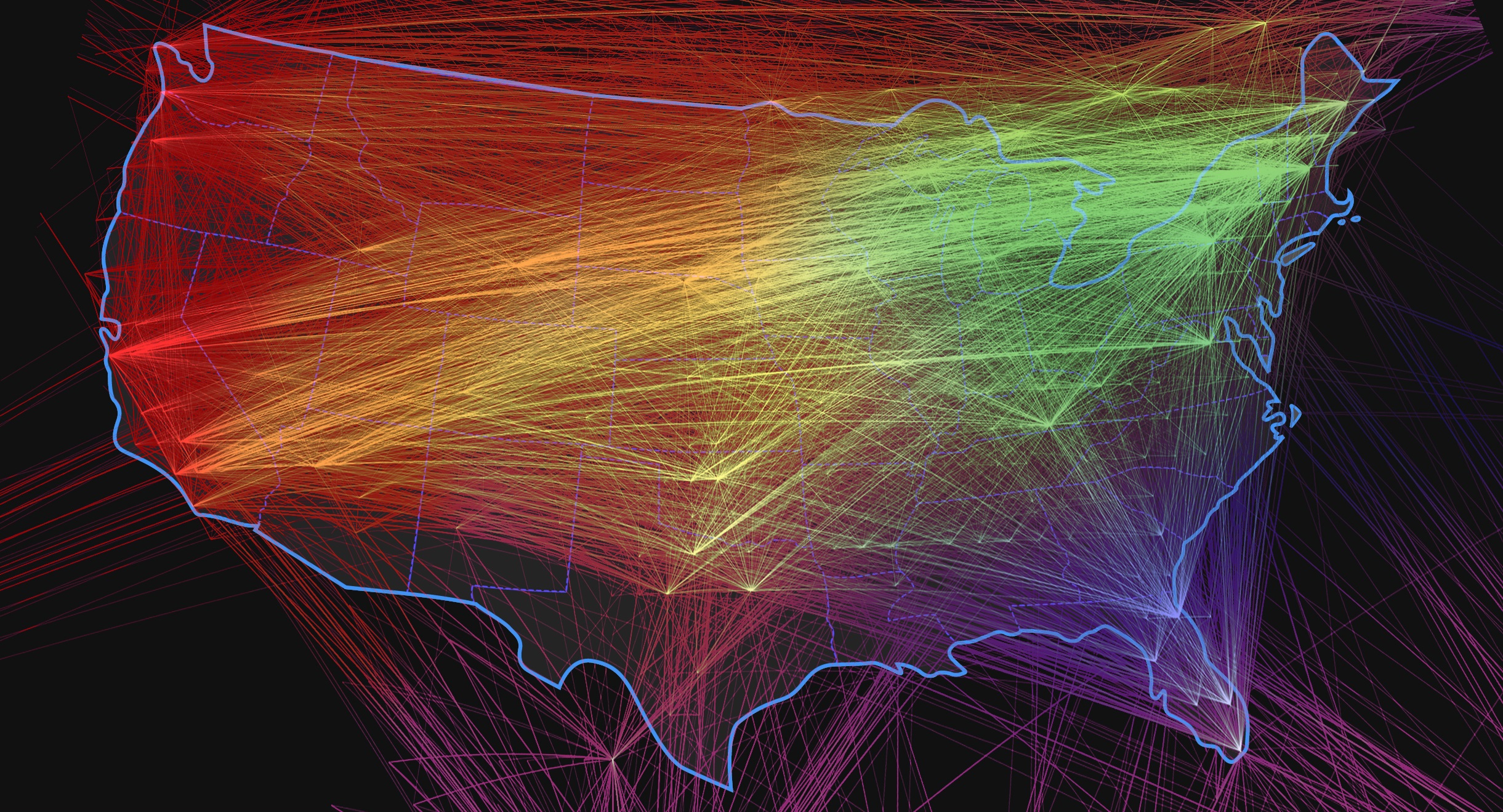STATUS: APPLICATIONS ARE NOW CLOSED.
The John S. and James L. Knight Foundation seeks to support the creation or expansion of research centers around the United States that will study the changing nature of an informed citizenry in America. These centers are intended to foster the growth of an emerging field of study that addresses pressing questions about the health of an informed society and citizenry in the context of our digital age.
This opportunity is in response to the rapid and dramatic change in the conditions of an informed democratic society. News and discourse have moved to a parallel online world that does not have the same standards and practices observed by some of the legacy institutions that historically ensured access to accurate, authoritative information about community and public affairs.
A growing consensus suggests that the internet and the social web have had fundamental, far-reaching effects on how we encounter and process information, and on our democracy. Yet several key knowledge gaps inhibit productive action. Knight aims to support research centers in pursuit of answers that will help fill these gaps.
Proposals are due by Dec. 1, 2018 at 11:59 p.m. ET.
FUNDING OPPORTUNITY
We seek proposals of significant ambition and scope; applicants are encouraged to think expansively about how new resources could enable breakthrough work and major contributions. Our intent is to provide substantial, multiyear support to establish or accelerate the growth of dedicated centers of study focused on the role of information in our democracy and the changing conditions of an informed society. While we do not seek to be prescriptive, broad topics of interest include:
- Access and use of information in our democracy today; the conditions of trust, or distrust, in information; and the role of news and journalism in an informed society.
- Digital phenomena that impact the role of information in democratic society, such as the proliferation of misinformation and disinformation.
- The general effects of the internet on democracy, including such issues as the changing nature of civic and social participation online, the interaction between online and offline activity and the vulnerability of our information system to intrusion.
- The evolution of democratic institutions relevant to the production and distribution of information, such as social media companies and the changing journalistic landscape.
- Policy and legal considerations regarding competition and antitrust.
- Policy regarding internet-based and online content managed by private entities within the framework of the First Amendment and freedom of expression.
Although many of these topics are global in nature, the focus of Knight Foundation is on the United States.
The full RFP with more detail is here.
APPLICATION PROCESS
Proposals are due by Dec. 1, 2018 at 11:59 p.m. ET. Submit your proposals here.
Initial proposals will be reviewed in December 2018. More detailed proposals will be solicited from select finalists, with site visits taking place in January and February 2019. Finalists will be asked to supply a detailed budget and work plans, as well as key details around public-facing programming and planned matching resources. Awards will be determined solely on the basis of satisfactory proposals, plans and resource commitments from applicants.
To assess the breadth of proposed work and commensurate additional resources required for groundbreaking efforts, elements to be addressed in the initial proposal include:
- The core mission for the proposed or existing center of study.
- Discussion of a proposed course of research to advance the field. This can include illustrative ideas for specific projects but should be focused principally on key questions that will be addressed and why they are significant for generating long-term, applied knowledge.
- Discussion of any current efforts and contributions, including the existing structures for research, data collection and analysis.
- Discussion of what additional, sustained funding would enable.
- Discussion of whether the proposed center will follow a “laboratory” model and why or why not.
- Evidence of your institution’s strength in relevant disciplines, commitment from faculty and leadership and relevant experience in establishing such centers.
- Evidence of a capacity to match or exceed potential Knight Foundation investment.
- A discussion of who will lead this effort and brief biographies of key individuals and faculty members who will be involved.
- A high-level, provisional six-year budget.
While the review process will include input from external advisors drawn from multiple sectors, Knight Foundation will make the determination of any awards.
We encourage, but do not require, one proposal per institution.
HAVE QUESTIONS?
Please reach out to ask questions and discuss key issues in advance of submitting a proposal. Email Sam Gill, VP/Communities & Impact at Knight Foundation, at [email protected], to arrange a time to speak. General questions can be sent to [email protected] and we will respond promptly.
Image (top): A visualization of Internet connections in the United States. Credit: Map by Zina Deretsky, National Science Foundation, adapted from maps by Chris Harrison, Human-Computer Interaction Institute Carnegie Mellon University.
-
-
Community Impact / Article
-
Information and Society / Report



